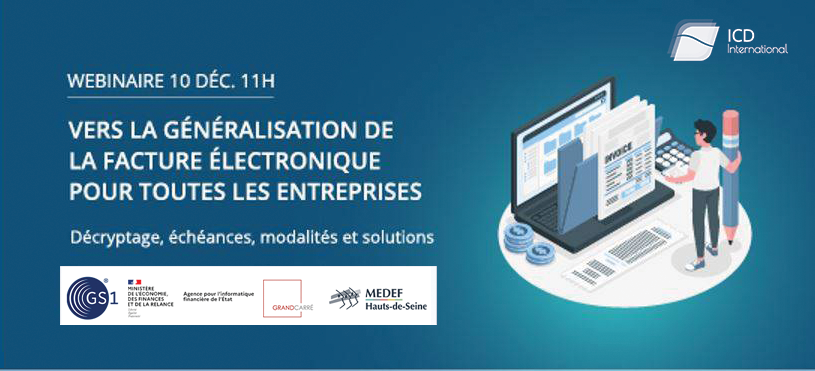Quelles obligations pour la loi de finances 2020 concernant la dématérialisation des factures ?
La réforme envisagée par le gouvernement français de la loi de finances 2020, s’inscrit dans le cadre de l’évolution mondiale. Celle-ci est en faveur du développement de la facturation électronique et de la transmission de données
La dématérialisation de la facture et de ses données est une réalité dans plusieurs pays dans le monde, notamment en Europe (Italie, Espagne, Portugal, Estonie, etc.) et en Amérique du Sud (Chili, Mexique, Brésil, etc.).
L’objectif est double : simplifier l’environnement fiscal et lutter contre la fraude. Dans l’Union européenne, recourir à la facturation électronique est une obligation communautaire dans les échanges avec la sphère publique. La pratique dans les échanges entre entreprises se développe, mais n’est pas encadrée.
Afin d’accompagner cette modernisation de la vie économique, le gouvernement français a décidé d’élargir le champ d’obligation de la facturation électronique. Celui-ci s’étend à toutes les transactions domestiques entre entreprises entre le 1er juillet 2024 (anciennement 2023) et le 1er janvier 2026 (anciennement 2025). L’article 153 de la loi de finances pour 2020 fixe quatre objectifs à l’instauration de l’obligation de facturation électronique :
- Renforcer la compétitivité des entreprises grâce à la diminution de la charge administrative de constitution, d’envoi et de traitement des factures au format papier ainsi qu’à la sécurisation des relations commerciales
- Lutter contre la fraude fiscale et diminuer l’écart de TVA au moyen de recoupements automatisés
- Permettre la connaissance au fil de l’eau de l’activité des entreprises afin de favoriser un pilotage plus fin des actions du Gouvernement en matière de politique économique
- Faciliter, à terme, les déclarations de TVA par le pré-remplissage.
